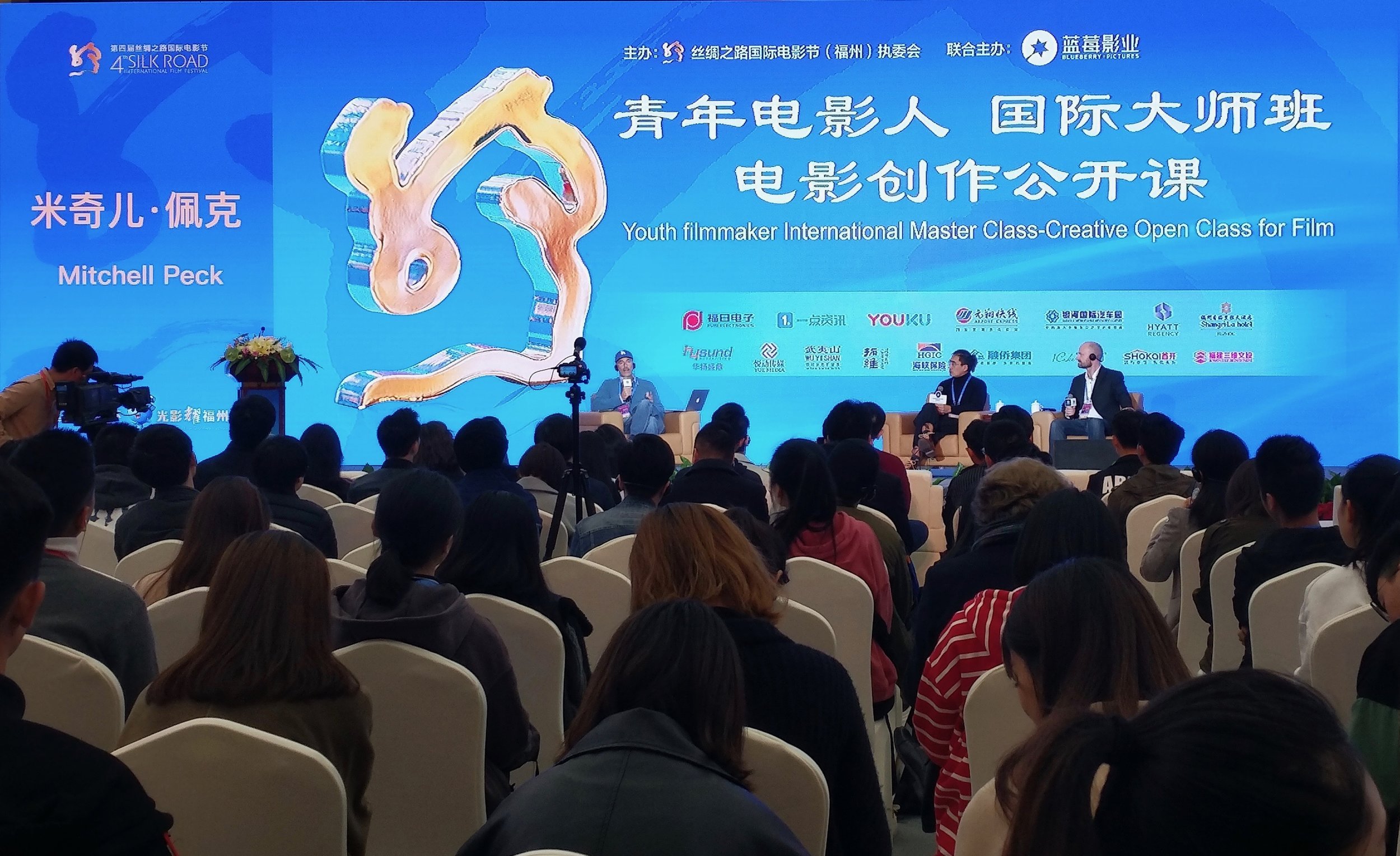HOW HOLLYWOOD EMBASSY BEGAN
A few years ago, my Dad wrote a screenplay. As with most first scripts, there was ample room for improvement. I gave him expert development notes based on my 25 years of experience as a professional movie producer. Dad promptly disregarded my notes! He'd “fallen in love” with his draft ;)
Dad sent his script to Hollywood's literary agencies, management companies, production co’s and movie studios, but it was automatically rejected everywhere due to a blanket policy of "No Unsolicited Submissions."
Next, Dad paid to enter various Script Contests and Pitch Fests in the hopes of getting discovered but he didn't "win" any of them. Then, Dad hired a few script Coverage Services, but the analysis was formulaic with no specific suggestions for how to improve it.
Lastly, Dad stumbled upon a motley crew of "Script Consultants." I was shocked to find that none of these so-called "experts" had any produced movie credits themselves; none of them had helped an aspiring writer's script to land a studio script development deal - and certainly not to get produced as a studio movie.
At this point, I intervened to protect my Dad. I explained that Hollywood has a simple, straightforward, and time-honored way of measuring a person's contribution to a movie: CREDITS. If someone claims to have contributed to a movie, then he will have been credited on it. So if someone doesn't have any produced movie credits, it means he's never made a meaningful contribution to a movie. (IMDB is the industry-standard website.) I asked my Dad why would he want someone with no credits messing with his script? He wouldn't. I firmly steered my Dad away from these types.
In general, the three most valuable ways a screenwriter can improve his craft are by writing scripts, reading scripts, and watching movies — all of which are free. Beyond these, there are many other good resources: film schools, seminars, books, podcasts, etc. It depends on how you prefer to learn.
In my experience, the best way for a writer to improve his script is by getting one-on-one guidance from an accredited professional who has successfully developed other scripts within the Hollywood system.
Unfortunately, this type of expert advice isn't readily available for aspiring screenwriters. After watching my Dad's earnest, intelligent approach yield unsatisfying results, it occurred to me that a script consultancy like this would be useful, and rare — and that perhaps I could provide such a boutique service.
Thus, Hollywood Embassy was born.
If you’re an aspiring screenwriter, I will help you improve your script from the perspective of an experienced, working Hollywood movie and television producer. Creatively, we’ll employ my development methods and principles which have an unmatched track-record of proven successes with amateur writers at Hollywood's highest levels. From a business perspective, we’ll discuss the best practical strategies for getting your script represented, optioned, packaged (i.e. attaching talent) and ideally, produced as a movie or television show.
Regardless of how you choose to improve your script, my friendly advice is this: look for a professional who has actual produced credits - and verify his claims to expertise. That's the same advice I gave my Dad, and it's the best advice I can give you.

